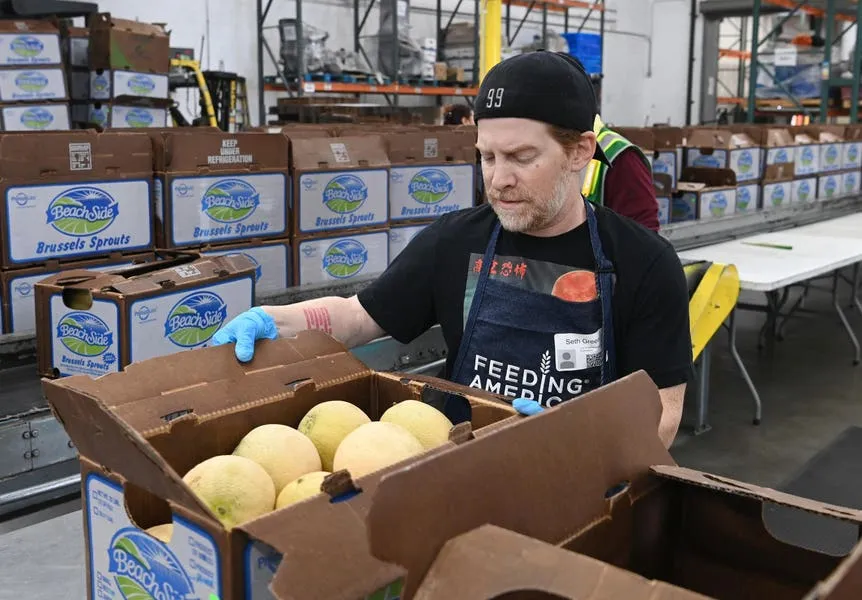Forbes contributors publish independent expert analyses and insights.
Hunger and food insecurity are problems in the United States. Measuring their existence and the role federal and state governments play in their mitigation is vital, according to public health experts. But now an annual report on hunger and food insecurity issued by the U.S. Department of Agriculture is being discontinued by the Trump administration. The USDA placed a dozen researchers, supervisors and administrators on paid administrative leave. Among them were several top officials responsible for producing the report. The survey matters because it tracks key trends and informs public policy on the effectiveness of programs intended to alleviate food insecurity.
Of course, hunger and food insecurity won't magically disappear because they're not being measured. So, when the USDA announced last month it will no longer publish Household Food Security reports after issuing a final one this month, it gave me a feeling of déjà vu.
During the COVID-19 pandemic, President Trump famously said, "if we stop testing right now, we'd have very few cases." This is a truism in the sense that confirmed COVID-19 cases must be diagnosed as such by way of a test. It's also folly to reason this way. Not testing for something doesn't make it go away. And ultimately, what you don't measure you can't improve or manage.
The USDA began to compile data and publish its report in the 1990s. The publication provides annual data on the lack of access to adequate nutrition for low-income Americans. In turn, the survey data help shape policies on how to address food insecurity and hunger. Local, state and federal governments use the analyses, for example, to guide food assistance programs.
Nonetheless, the Trump administration calls the 30-year program "redundant, costly, politicized and extraneous." We saw similar words used when the administration gutted the U.S. Agency for International Development. As an independent agency, the USAID undertook a wide range of activities, which include among other things food aid and distribution (often in conflict zones). Decimation of the USAID has meant drastic reductions in food assistance for overseas regions.
Research shows food insecurity is linked with chronic diseases. Paradoxically, this includes obesity and diabetes, in part because of the inability to afford healthy foods and the presence of food deserts especially in low-income neighborhoods.
The most recent USDA report was released in September of last year. It showed that roughly 18 million U.S. households with roughly 47 million people experienced food insecurity at some point in 2023. This implied that at times "these households were uncertain of having or unable to acquire enough food to meet the needs of all their members." Among those, nearly 14 million were children.
The 2023 survey found that more than 6.8 million households faced severe food insecurity. This meant family members sometimes skipping meals or going without food for a day or losing weight due to lack of access.
Data suggest that food insecurity ticked up in 2022 and 2023. Interestingly, during the height of the COVID-19 pandemic in 2020 and 2021, the report found that food insecurity declined substantially. Policies such as the expansions of the Child Tax Credit and Supplemental Nutrition Assistance Program benefits as well as school meal programs boosted families' grocery budgets.
Going forward, without reliable data it will be difficult to assess the efficacy of SNAP, formerly known as food stamps. This is important in wake of cuts to SNAP. Trump signed the One Big Beautiful Bill Act into law this summer. The legislation restricts eligibility for SNAP. This could leave an estimated 2.4 million Americans without food aid. The timing of the survey's cancellation means that the government won't have a way to assess the impact of eliminating these food benefits.
Ultimately, tracking how many Americans are struggling to put enough food on the table isn't a partisan issue. Its implications will be felt across red and blue states alike. And as the Philadelphia Citizen put it: "Measurement matters. It acts as a compass. It allows policymakers, advocates, and communities to chart progress, to identify gaps, to hold our government accountable."
